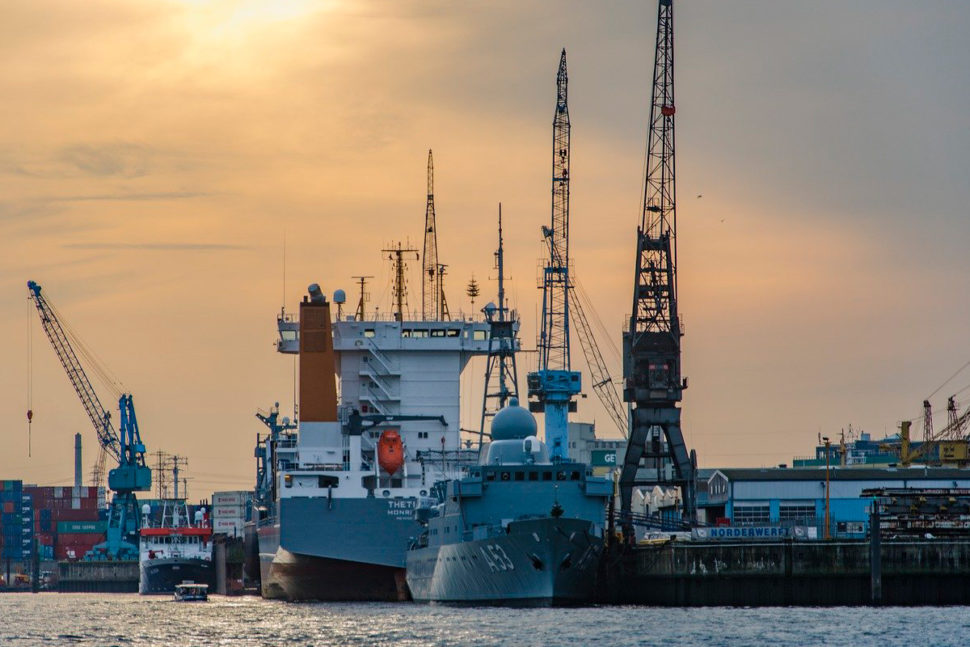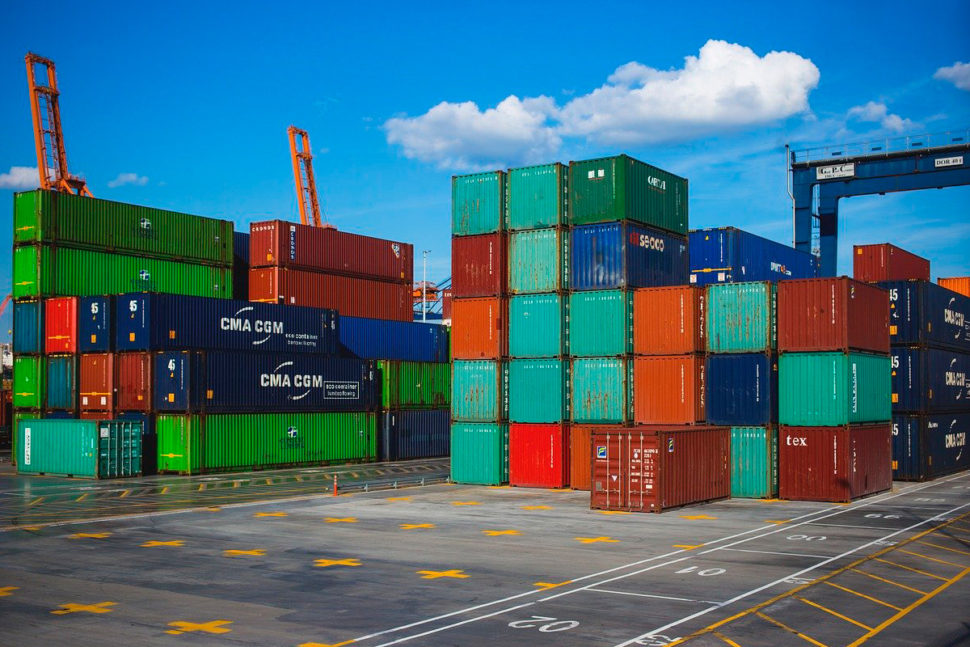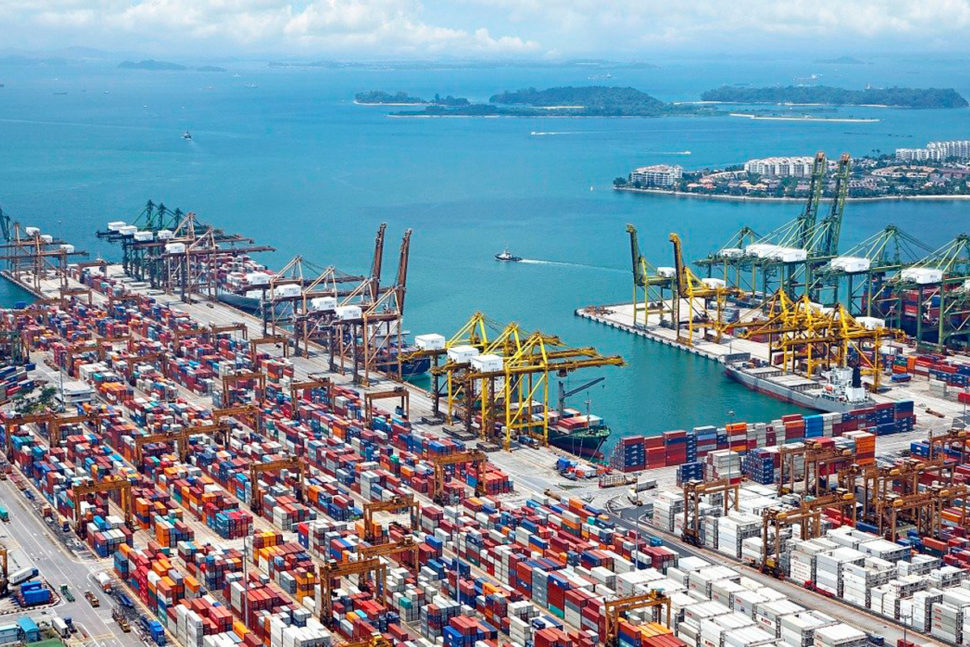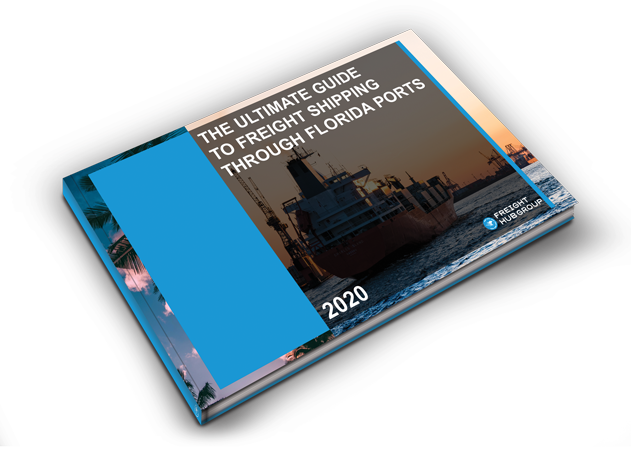What is 3PL meaning in logistics or more precisely what is 3PL?

3PL stands for Third Party Logistics. Third-Party Logistics or 3PL definition in logistics is offering logistic services for companies and businesses that cannot or are not interested in handling the logistics part of the business. For example, a company that manufactures Electronic Vehicles (EVs) has orders to supply the EVs to different companies and individuals.

The company wants to concentrate on EV manufacturing only. They thus hire a 3PL to deliver the EVs to the desired locations. It should be noted that this approach saves the company the burden of managing the supply chain. The company also substantially reduces operating costs as the company does not need to set up a logistics department, staff, vehicles, ships, and equipment.
3pl logistics companies are third party logistics companies that provide outsourced transportation and warehousing services to businesses. 3pls typically specialize in one or more areas of logistics, such as transportation management, warehousing and distribution, order fulfillment, or supply chain management. 3pls can help businesses save time and money by taking on the logistical challenges that come with running a business.
3pls can be found in all industries, but they are especially helpful to businesses that have complex supply chains or that ship large quantities of goods. 3pls can also provide valuable insights into the supply chain, which can help businesses improve their operations and make them more efficient.
Therefore, 3PL meaning in logistics is more of a service for a company that outsources logistics services. These services can range from storage, transportation, and distribution services. Some 3PL logistics companies provide single services exclusively whilst others provide a wide variety of logistics services. Some high-end logistics companies can handle the entire supply chain management service single-handedly.
What is a 3PL Company?
So, what is a 3PL Company and what services does it offer to be in business. Chiefly, a 3PL company provides logistics services to its customers, many of whom are industries or involved in commerce. These services may include but are not limited to warehousing, transportation, fulfillment, etc. 3PL companies are crucial in every business ecosystem as they provide how goods eventually reach the consumers in a timely fashion, whilst also making sure they are in the right condition.
Without 3PL companies, every company whose business setup requires the use of a supply chain would have to build channels and its supply chain to make sure its products eventually reach the consumers. This is very expensive to set up and maintain. For instance, a company would need an established and efficient logistics system, employees, and cargo carriers. This would incredibly decrease the profitability of the business. That is where the 3PL logistics companies come in.

3PL Logistics meaning in Supply Chain Management
In supply chain management, a 3PL logistics company engages in activities such as inventory management, setting up fulfillment centers, pick and pack services, transportation services, order fulfillment services, and providing warehousing space.
3PL companies are crucial in establishing sales channels for various businesses. Additionally, 3PL companies are crucial in cost savings as they greatly reduce the shipping costs that would have otherwise been incurred by the businesses on an individual level. Therefore, most companies and businesses favor working with a 3PL as it is very cost-effective.
In these services, a 3PL company drafts Service Level Agreements (SLAs), Contracts, Agreements, and other documents that are legally binding between itself and the business in need of logistic services. These documents also assist businesses to know the range of logistics services that a particular 3PL logistics company does.

3PL logistics companies also offer procurement services. They thus order and receive goods on behalf of the customer from other supply chains.
When it comes to storage, a 3PL logistics company may use public warehousing depending on the urgency, demand, or capacity of the goods in question. Contract warehousing involves renting out storage to specific customers for a limited timeline. When goods such as foods, chemicals, etc need to be kept in a specific environment, specialised warehousing can also be provided. Sensitive, volatile, or valuable goods are stored in high-security warehouses. Within these warehouses, in-warehouse tracking is widely applied to locate goods for easy retrieval of stored goods. Auditing and inventory management come in handy when it comes to keeping track of reception, management, and distribution of goods in the warehouse and beyond. Stock levels also need to be carefully monitored to reduce or eliminate confusion in the supply chain.
End-to-end connection is achieved by transport and distribution services. Distribution may be done vis various methods such as cross-docking, drayage, brokerage, intermodal transport, truckload (TL), less than truckload (LTL), less than container load (LCT), full container load (FCL), drop deck, and lowboy transport. Modelling and AI mapping are used to optimise the fleet, increasing the efficiency of the delivery process. Goods’ location can also be tracked in real-time by IoT (Internet of things) and GPS technology.
Sometimes, a logistics company puts goods belonging to different customers in one shipment for transportation. This is referred to as consolidation. When goods belonging to one customer are divided and put in different shipments due to different distribution routes, this is referred to as deconsolidation.
Customers on the receiving end of the supply chain may be displeased with the merchandise. 3PL logistics companies provide reverse logistics services to transport back defective or unwanted merchandise. Refunds can therefore be made on legitimate claims.
What does 3PL stand for and what is 3PL Logistics

3PL logistics mainly provide three-tier services including freight forwarding, courier, and other integrated services. There are three main types of 3PL logistics when it comes to trying to entirely understand the 3PL logistics meaning. The categories also dictate what 3PL stands for when we consider the activities and the size of operations a particular 3PL has.
- 3PL Standard: This is the simplest form of the 3PL provider. They do things like picking and packing, storage and distribution (business) – the most important tasks of logistics. For many of these companies, 3PL jobs are not their core business.
- Development Services: This type of 3PL offered will offer its customers additional marketing services such as research and testing, mounting, attaching, or providing special treatment. A solid IT foundation and attention to economies of scale and scope enable this type of 3PL company to do this type of business effectively.
- The Customer Survey: this type of 3PL is provided to intervene at the request of the customer and fully maintain the order of the company. The 3PL company improves usability but does not develop a new service. Sales of this type of 3PL are usually small.
- The Client Developer: The highest level that a 3PL company can achieve in terms of operations and size. This happens when the 3PL company connects with the customer and implements the entire function. These vendors will have a small number of customers but will have to do a lot of work and detail for them.
Outsourcing can involve part of the logistics of an operation, leaving some product or operational steps unaffected because internal outsourcing can do the job more or less than an external company. Another important aspect is the use of 3PL company’s customers.
The service provider must adapt to the needs of the company. This flexibility is more important than saving clean costs, as clearly demonstrated by a comprehensive survey of 3PL customers who asserted that driving customer service in terms of adaptability to their changing needs, reliability, and the flexibility of third parties providing logistics services has been cited as more important than clean cost savings.
Recent Posts
Watch our Podcast

THE ULTIMATE GUIDE TO FREIGHT SHIPPING THROUGH FLORIDA PORTS
When it comes to ocean freight shipping in Florida, there is a lot to know to ensure you follow the appropriate steps when shipping into and out of Florida Ports.
Just enter in your email address and receive your FREE E-Book in minutes!